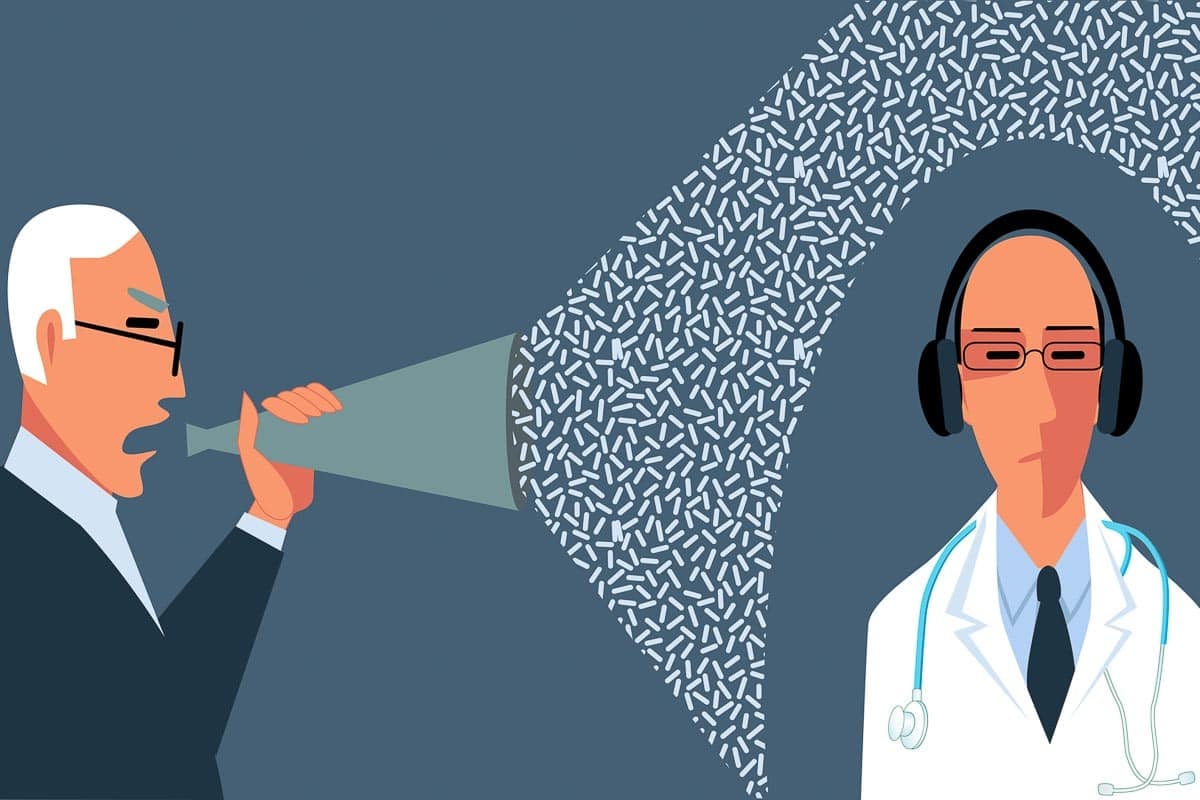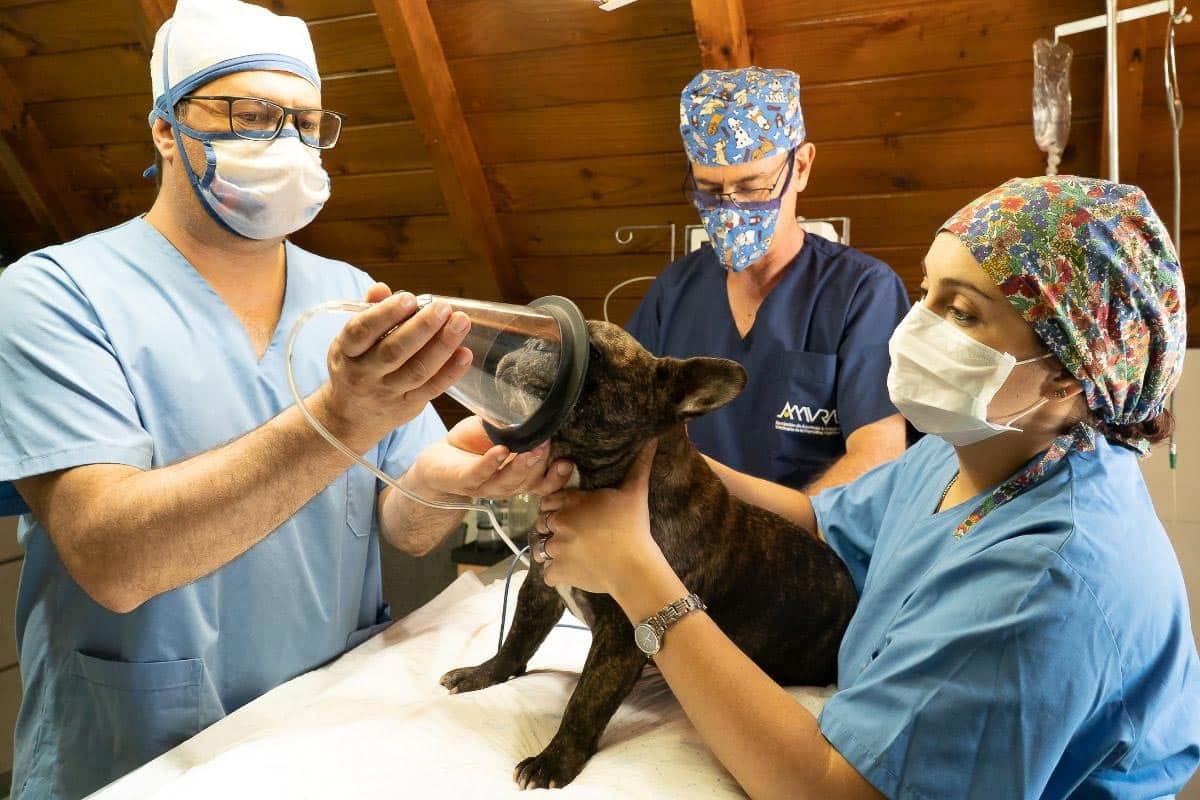Losing your job can be tough, and one of the pressing concerns that often follows is how to secure health insurance without the safety net of an employer’s coverage. We understand that this can be a challenging situation, but we’ve got you covered. In this comprehensive guide, we’ll walk you through various options to obtain health insurance while unemployed. Let’s dive right in!
Navigating the Unknown

Losing your job is never an easy experience, and the complexities of health insurance can make it feel even more overwhelming. It’s like trying to paddle upstream in a leaky canoe during a rainstorm—tough and confusing. But fret not; we’re here to shed light on your path to health coverage.
Your Seven Pathways to Health Insurance

Review each of the following options to determine which is best for your situation.
1. Short-Term Health Insurance:

Designed to cover health emergencies and gaps in coverage for brief periods, short-term health insurance can be a lifesaver during job transitions. While it doesn’t offer the same extensive coverage as traditional plans, it’s perfect for bridging gaps when needed most.
Note: Short-term policies may not cover everything, but they can handle inpatient/outpatient procedures, emergency room visits, and intensive care costs.
2. COBRA (Consolidated Omnibus Budget Reconciliation Act):

If you’ve lost your job, you might be eligible to extend your employer-based coverage for a limited time under COBRA. While this provides continuity, be prepared to pay the full premium yourself.
Tip: Before opting for COBRA, explore other options as it can be more expensive due to the full premium cost.
3. Marketplace Health Insurance:

Good news! You can secure coverage through the government-run healthcare marketplace within 60 days of losing your employer’s coverage. Look for subsidies to help with rising costs and consider high-deductible plans if you’re healthy and cost-conscious.
4. Medicaid and CHIP:

Medicaid provides aid to those with disabilities, elderly individuals, pregnant women, children, and low-income families. Eligibility is primarily income-based, regardless of your job status.
Note: In most cases, Medicaid is free, making it an excellent option for those with limited income.
5. Medicare:

If you’re over 65 or have received Social Security disability benefits for over two years, Medicare is an option. It covers various medical costs, including hospital expenses, medical costs, and prescription drugs.
6. Private Individual Plans:

You can purchase health insurance directly from providers or through independent agents. While coverage may not be as extensive as ACA marketplace policies, it ensures you have protection during emergencies.
7. Healthcare Cost Sharing:

These programs function similarly to health insurance but involve participants directly contributing funds to cover each other’s medical expenses. They offer an innovative approach to healthcare financing. Read this article on risks and benefits.
Navigating the Process

Now that you’re aware of your options, here’s a roadmap to guide you:
- Start Early: Even before leaving your job, discuss health insurance benefits and potential COBRA coverage with your HR department.
- Gather Information: Prepare your income details, Social Security number, pay stubs, tax records, and information about your current or previous health insurance plan.
- Seek Expert Advice: Consulting an independent insurance agent can help you find the best coverage for your needs and navigate state-specific requirements.
- Emergency Fund: Regardless of your choice, maintaining an emergency fund is crucial. It provides a financial cushion for unexpected medical expenses.
Exploring Alternative Paths

Navigating health insurance while unemployed can indeed be daunting. However, it’s essential to remember that insurance isn’t the only way to access healthcare coverage. Healthcare cost-sharing programs have gained popularity and offer a unique approach to managing healthcare costs.
In these programs, participants directly assist each other by contributing funds to cover medical expenses. This approach empowers you to take charge of your healthcare needs, and as a cash-paying patient, you can negotiate lower prices for medical services. You can learn more about the benefits and risks in this article
Take Back Control: How to Identify and Tackle Medical Gaslighting

What is medical gaslighting? Medical gaslighting refers to a situation in which healthcare providers dismiss or diminish the symptoms that an individual is experiencing, attempting to persuade them that the symptoms are attributed to an alternative cause or are mere figments of their imagination. Medical gaslighting can leave you questioning your own experience. And at worse can lead to undiagnosed serious illness.
Learn the signs and the ways in which you can take back control if this happens to you. Read: Take Back Control: How to Identify and Tackle Medical Gaslight.
Parenting Isn’t For Sissies: 12 Reasons It Can Suck To Be A Parent

Parenting. It’s hard. It’s glorious. It’s everything in-between. One thing that helps is being able to commiserate with others who are experiencing the stress. These parents got real with the joys, and the tribulations. Parents of the world, you are not alone. It might seem obvious, but when you are singing the same nursery song for the thousandth time and it isn’t even noon, your brain is mush. Let’s take a look at the nitty gritty. Read here.
Why Veterinary Costs Are Soaring – and Half The Time You Can’t Even Get a Vet Appointment!

Pet ownership continues to get more and more expensive!
According to an American Veterinary Medical Association (AVMA) 2023 review, 38.4% of households in the United States own a dog, and 25.4% of households own a cat. That translates to 65.1 million households with dogs, and 46.5 million with cats, and our animals require veterinary care. Many animal owners are experiencing sticker shock at the vet’s office – and even difficulty accessing a vet as well. Here are the reasons why.
Read: Why Veterinary Costs Are Soaring – and Half The Time You Can’t Even Get a Vet Appointment!







